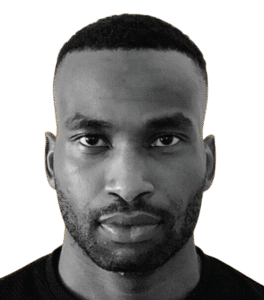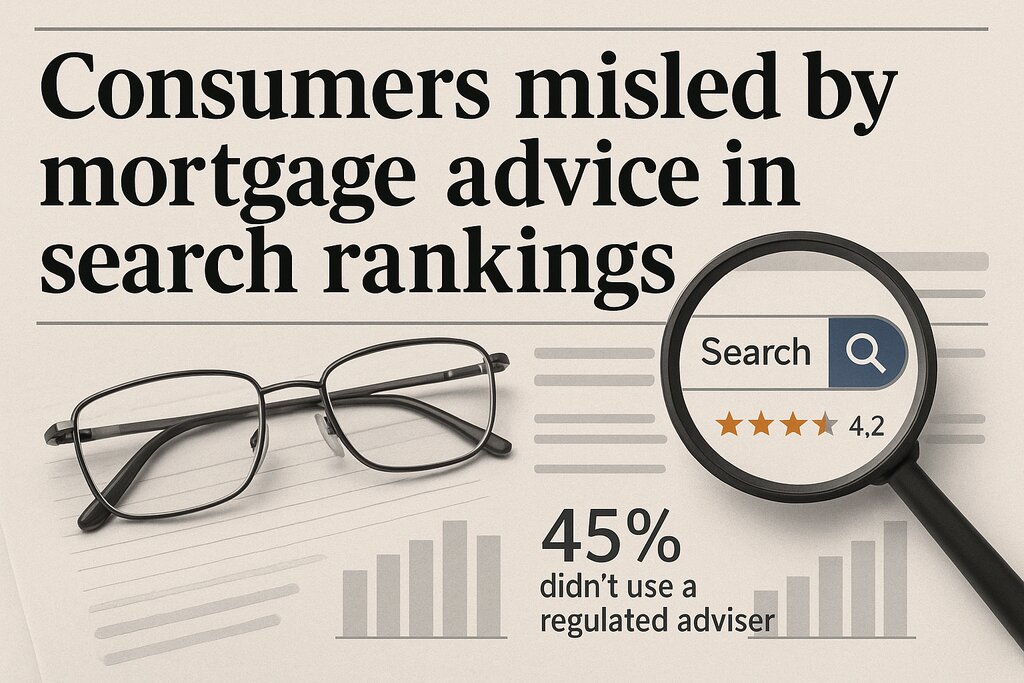Artificial intelligence is gaining rapid traction in the UK architecture sector, with a sharp rise in adoption across architectural practices and growing confidence in its potential to support design innovation, net-zero goals and sector productivity.
According to the Royal Institute of British Architects (RIBA), 59% of practices are now using AI – a giant jump from 41% in 2024.
The findings come from RIBA’s second annual AI Report, which tracks attitudes and usage of artificial intelligence among its members.
The profession appears increasingly optimistic about the benefits AI can deliver. Nearly two-thirds (65%) of architects surveyed believe the technology will help the sector meet its net-zero carbon targets, while an identical proportion think it will boost productivity in construction. A further 63% see AI playing a key role in designing buildings that better meet future performance demands.
ARCHITECTS UNEASY
While only a minority expect negative impacts on employment – with just 18% forecasting job losses and only 4% suggesting AI could render human creativity obsolete – there remains significant unease about the risks.
Some 67% of respondents are concerned that AI will increase the risk of architectural work being copied or imitated, and 44% fear that the technology could allow individuals without adequate training or qualifications to design buildings. More than a third (35%) view AI as a potential threat to the profession.
ENHANCE CAPABILITIES
Despite these anxieties, the prevailing mood is one of cautious optimism. Most architects see AI not as a replacement for human input but as a tool that could enhance core professional capabilities and unlock new creative possibilities.
RIBA has pledged to support the profession through this transition by developing clear guidance and pushing for greater transparency around how AI systems are trained and used. The institute says this will help ensure architects retain agency over the design process as the technology becomes more embedded in everyday practice.
In May, RIBA hosted its first AI in Practice Summit, drawing in 240 attendees from across the profession – a strong indicator of the sector’s appetite to understand and shape the role of AI in architectural practice.
RIGHT SIDE OF INNOVATION

Muyiwa Oki, RIBA President, says: “What a difference a year makes. The sharp rise in AI use among our members illustrates how all-encompassing this technology is becoming and how willing architects are to embrace new ways of working, to achieve even better results.
“Despite the very legitimate concerns many have around imitation and the reliability of data, it’s clear that architects are keen to be on the right side of digital innovations and lead by example rather than be left to catch up.
“RIBA is committed to making sure the profession continues to reap all the benefits that AI offers and I’m excited to see what the future holds.”











